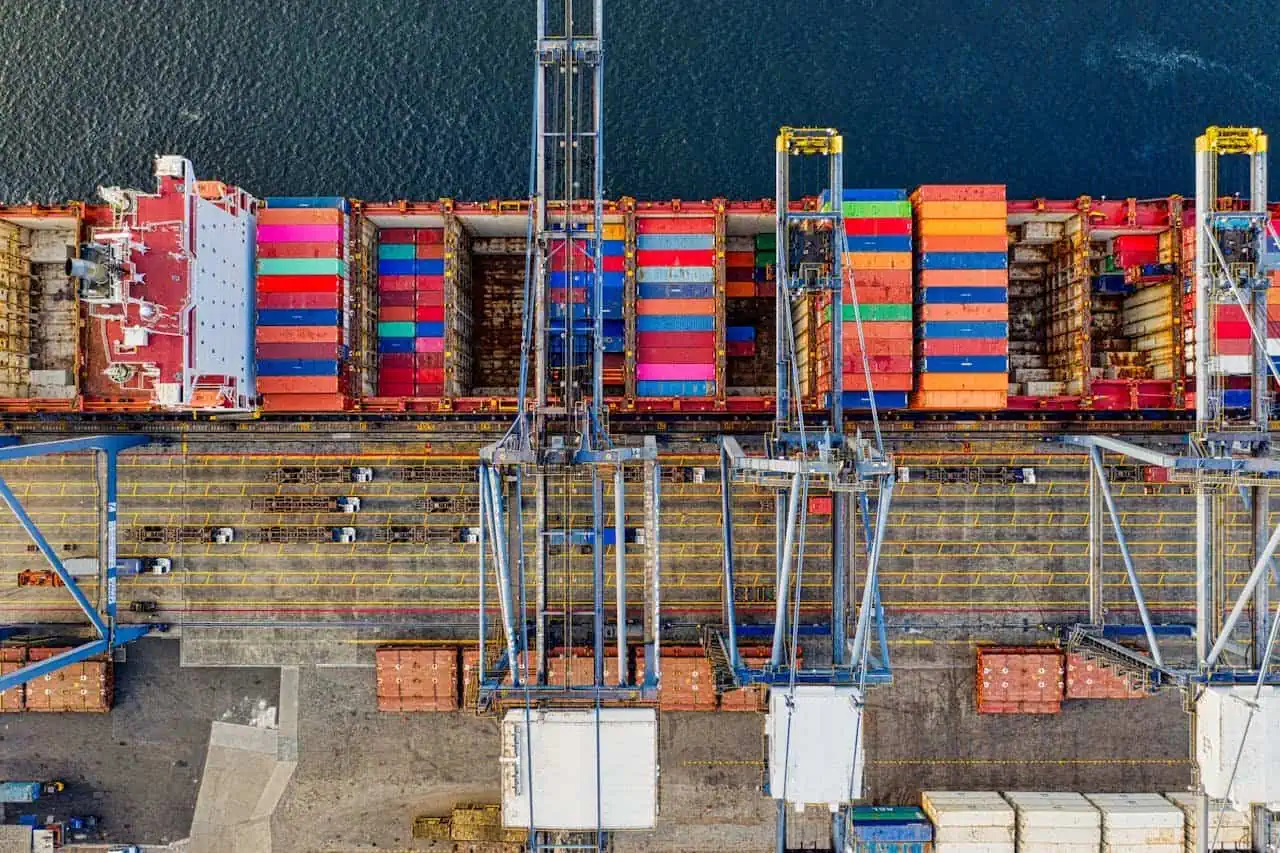Facing into customs clearance can feel daunting, especially after Brexit. If you run a small business that involves any element of importing or exporting goods, you will need to have a good idea of how the whole customs system operates. Here are some top tips from customs clearance agent, Clarksons, on what you need to know about customs clearance in the UK.
What is Customs Clearance
Customs clearance is the process where goods entering or leaving a country are checked by customs officials to ensure that they are in line with the laws and regulations of the relevant countries. This process involves declaring your goods, paying duties and taxes, and getting the necessary stamps of approval.
Key Documentation
There is no denying it’s a bureaucratic process, with lots of paperwork. Here are the main documents you’ll need:
- Commercial Invoice: This is your proof of sale or purchase and it should include a description of the goods, the value, and the terms of sale. It is essential for determining duties and taxes.
- Packing List: This helps customs officials understand the contents of the shipment. It should include details such as weight, dimensions, and the number of packages.
- Bill of Lading (for sea freight) or Airway Bill (for air freight): These are contracts between the shipper and the carrier, outlining the shipment’s destination and delivery terms.
- Import/Export Declaration: In the UK, this is usually submitted electronically through the Customs Declaration Service (CDS).
- Certificate of Origin: This document certifies the country where the goods were manufactured and can influence duty rates.
Import Duties and Taxes
When importing goods into the UK, understanding the duty and tax obligations is crucial. Post-Brexit, the UK operates its own tariff regime known as the UK Global Tariff (UKGT). Importers must pay customs duties based on this tariff unless goods qualify for preferential rates under free trade agreements.
In addition to customs duties, import VAT (Value Added Tax) is typically payable. For businesses, this can often be reclaimed, but individuals or non-registered entities will need to factor this into their cost calculations.
The Role of Customs Brokers
Customs brokers can be invaluable, especially for businesses. These professionals specialise in customs regulations and can handle the clearance process on your behalf. They ensure that all documentation is correct and submitted timely, reducing the risk of delays and additional charges.
Post-Brexit Changes
The UK’s departure from the EU has introduced new customs requirements for goods moving between the UK and EU countries. Importers and exporters now need to manage customs declarations for goods crossing the border and ensure compliance with new rules on tariffs and quotas. For instance, businesses trading with Northern Ireland must navigate the Northern Ireland Protocol, which keeps the region aligned with certain EU regulations.
Tips for Smooth Customs Clearance
- Prepare in Advance: Gather all required documentation and understand the tariff classifications for your goods well before they arrive at the border.
- Stay Informed: Customs regulations can change frequently. Keep up-to-date with the latest rules and trade agreements that could impact your imports or exports.
- Consult Experts: If you’re unsure about the process, seek advice from customs brokers or consultants who can guide you through the complexities.
- Utilise Technology: The UK government offers several digital services to facilitate customs clearance, such as the CDS. Make use of these to streamline your processes.
- Compliance: Ensure your goods comply with UK standards and regulations to avoid any legal issues or rejections at the border.
Understanding customs clearance is crucial for ensuring that goods move smoothly across borders and reach their destinations without unnecessary delays or costs. With the right knowledge and preparation, navigating this process in the UK can be straightforward.

